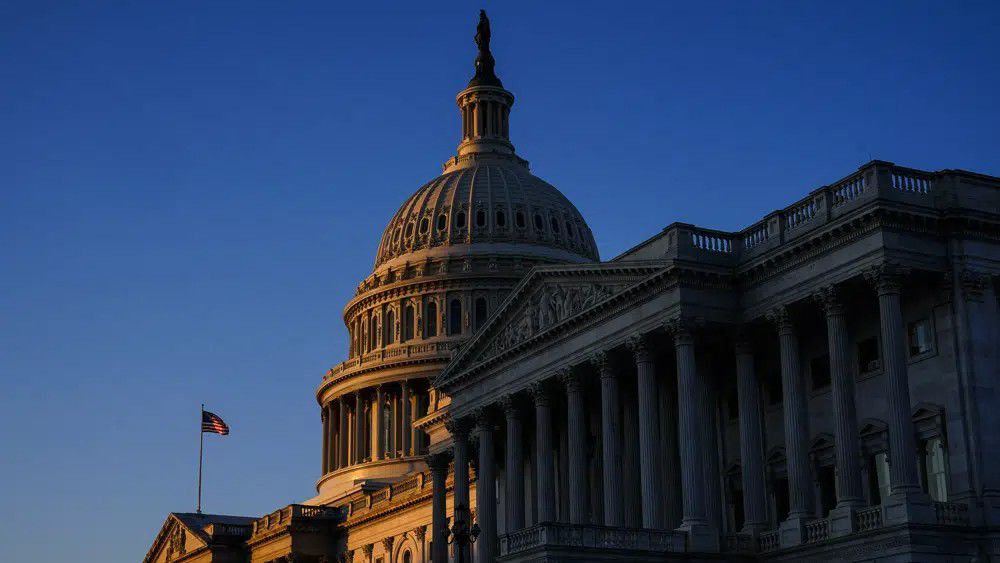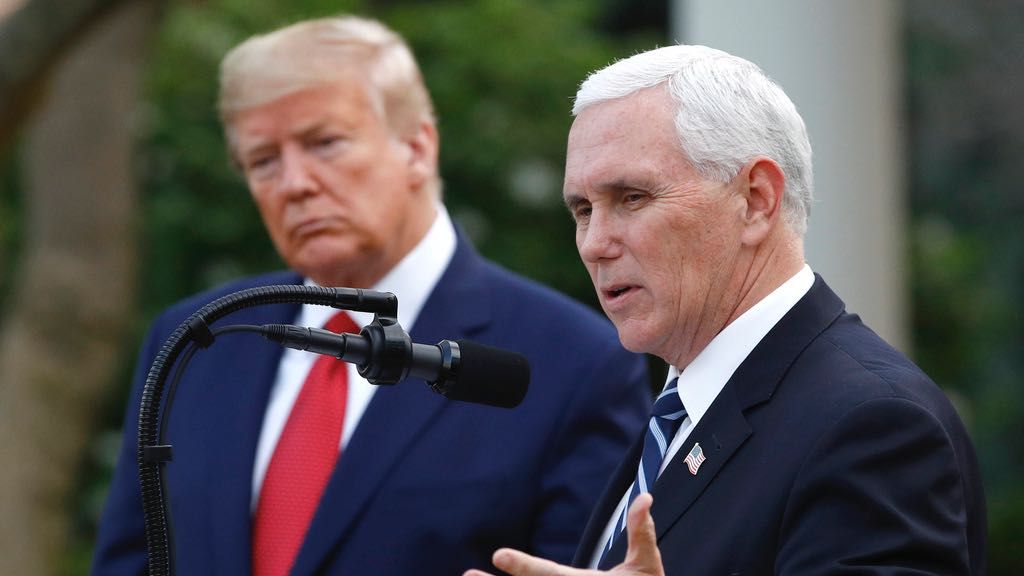The United States will exhaust the extraordinary measures it has employed to continuing paying its bills between July and September, meaning lawmakers must take action to lift the debt ceiling before then or risk a devastating default, according to a new estimate from the nonpartisan Congressional Budget Office.
"If the debt limit is not raised or suspended before the extraordinary measures are exhausted, the government would be unable to pay its obligations fully," the report reads. "As a result, the government would have to delay making payments for some activities, default on its debt obligations, or both."
The government reached the $31.4 trillion debt limit last month, and the Treasury began taking "extraordinary measures" to allow the country to follow through on its financial obligations. Treasury Secretary Janet Yellen previously estimated that these measures would last roughly until June.
The agency also projected a federal budget deficit of $1.4 trillion for 2023, and could average $2 trillion per year from 2024 to 2033.
The report comes amid a standoff between the Biden administration and the Republican-led House of Representatives over raising the debt ceiling. President Joe Biden is insisting that lawmakers lift the debt ceiling without conditions, but House Speaker Kevin McCarthy, R-Calif., is insisting on spending cuts in order to increase the country's borrowing power.
It also comes one day after both Biden and Yellen warned of a potential economic catastrophe if lawmakers don't take action to address the debt limit.
"Most of you have finally reached a point where your revenues are climbing and your budgets are stable," Biden said Tuesday at the National Association of Counties Conference. "I know that you share my concern that some in Congress are putting that progress at risk by threatening to have America default on its debt, which would be catastrophic for counties and the country. In fact, even coming close to default will raise borrowing costs and make it harder to finance key projects in your communities."
"This economic catastrophe is preventable," Yellen said. "The solution is simple: Congress must vote to raise or suspend the debt limit. It should do so without conditions. And it should not wait until the last minute. I believe it is a basic responsibility of our nation’s leaders to get this done."
Biden and McCarthy met earlier this month to discuss the debt limit, which both leaders described as productive, and were set to continue those conversations, though it's unclear where those talks stand.
The president on Wednesday traveled to Maryland to talk to union workers about his efforts to reduce the federal debt, while making the case that House Republicans' plans will increase the deficit.
"If you add up the proposals my Republican friends have offered just so far, it would add more than $3 trillion to the debt over 10 years," Biden said. "$3 trillion.”
Senate Democrats held a press conference on Wednesday to argue that Republicans' proposed spending cuts will "hurt" Americans, while calling on Speaker McCarthy to put forward a plan to raise the debt limit.
"Defaulting on the debt would be devastating," Senate Majority Leader Chuck Schumer, D-N.Y., told reporters. "It would raise interest rates dramatically, it would have our retirees ... dramatically lose savings."
"Speaker McCarthy is feeling the pressure from our proposal: Show us your plan," he said. "This week, he said he's going to get a whole bunch of his Republicans together and see if he can pass something that has 218 votes. Here's the problem: The deep, deep cuts that the MAGA Republicans want ... will probably not be tolerated by some of the mainstream Republicans."
"They're in a real pickle, because the deep, deep cuts that some of them will probably not be acceptable to others," he added.
Meanwhile, a report from Punchbowl News on Wednesday suggests that Senate Republicans and their House counterparts are at odds over where to make some of those cuts, specifically when it comes to the military’s budget.
Some Republicans want to cut wasteful spending in the Pentagon’s budget, but others — like South Carolina Sen. Lindsey Graham — have urged House Republicans to avoid slashing Pentagon funding. At the Senate GOP’s retreat last week, Graham, according to the outlet, urged McCarthy to block any Pentagon budget that’s below 3.2% of the country’s GDP — it currently sits at 3.3% of GDP.
“My goal is to get Kevin and everybody looking at the defense needs based on threats, and the threat portfolio, the threat picture, doesn’t justify being on the low end of GDP,” Graham told Punchbowl News, adding that the threat of China suggests that “we don’t have the military footprint where we need it to be.”
Nebraska Sen. Deb Fischer, a top Republican on the Senate Armed Services Committee, was emphatically opposed Pentagon budget cuts, urging lawmakers to “become educated, attend classified briefings, have a fuller understanding of the threats this country faces and what we need to do in order to meet the challenges of those threats.”
“I anticipate that we will continue, here in the Senate anyway, to see that level of support, because we do have an understanding of what this country needs to meet the threats,” Fischer told Punchbowl News.
“If you just do the platitudes of ‘waste, fraud and abuse,’ you’d repeat what has been a 200-year-old chorus here,” North Carolina Sen. Thom Tillis told the outlet. “What I worry about is something that goes across all platforms without any value judgment about programs.”
But other members of the Republican conference, including Kentucky Sen. Rand Paul, are supportive of curbing defense spending. He told the outlet that “anyone who’s serious about the debt has to look at spending everywhere, all across the entire budget.”
The Associated Press contributed to this report.








